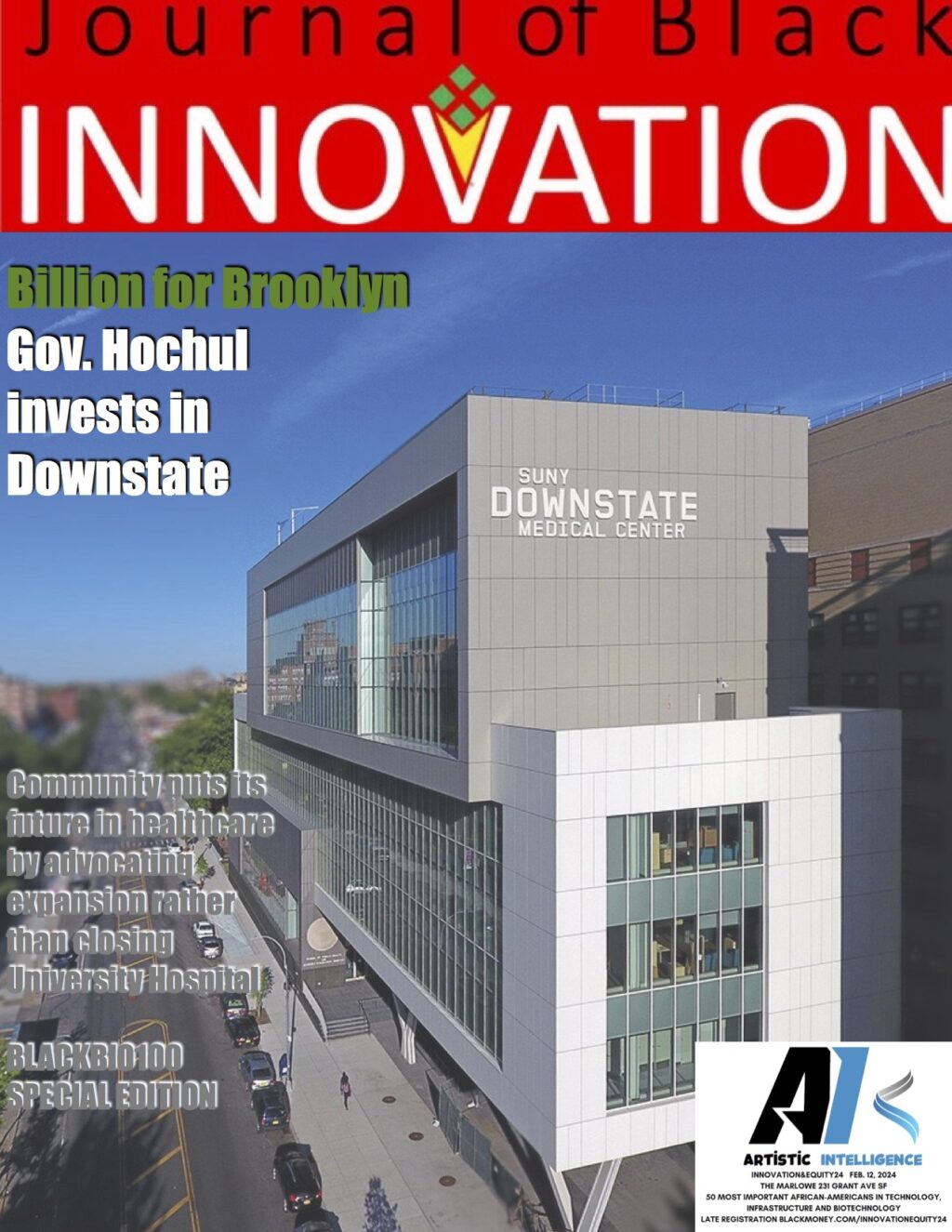
NEW YORK CITY — The powerful chair of New York State Senate Banks Committee is conveying a Pan African banking summit during the September meeting of the United Nations General Assembly.
Sen. James Sanders, D-Queens, the father of MWBE in New York City and State, told the online release of the 22d State of Black Business report that he had achieved breakthroughs with the state and city controllers on draft legislation to address a glaring inequity.
“We have a budget of $260 billion in New York State, larger than most countries, and not one dime of it goes into Black-owned banks,” said Sanders Friday, June 27.
“I also found that our $1 trillion in pension funds have been advised that investing in Africa or the Caribbean is too risky,” adds the vice president of the National Black Caucus of State Legislators and chair of its economic development committee. “There are other places where there is conflict but they are able to get investment.”
Sanders said there is a natural fit between African-American banks in the U.S. and their African and Caribbean counterparts for money transfers between nations and trade financing. The summit has been more than a decade in the making, beginning with meetings in 2017 in New York.
The Queens senator joins us yearly for the past decade for the unveiling of the report since we unveiled Our10Plan: the African-American economic strategy at the NBCSL conference in Los Angeles.
His state is ranked third in the 22d annual study, propelled by investments in health care at Downstate Medical Center and its new disparity study.
Sanders promised that New York State will be at the forefront of defending the representation which should accompany the taxes and civic responsibility of African-Americans, most recently heavily represented among the essential workers who kept New York going during the pandemic.
The 21st annual Journal of Black Innovation National Black Business Month will convene July 30 with a tribute to the martyrs of the New Orleans massacres followed by 31 consecutive daily industry clusters focused on speciflc opportunities, including a set of 75 advanced manufacturing centers in historic Black neighborhoods nationally. Each event begins at 7 p.m. Eastern in San Francisco as a reprise of the 1920 United Negro Improvement Association meeting at Madison Square Garden in 1920 which drew 2,000 for 31 consective days from 22 countries.
Our10Plan: the African-American economic strategy is on path to achieve its goal of ten percent of gross domestic product by 2026, the 250th anniversary of the United States of America. ReUNION: State of Black Business, 22d edition gives local users the tools to protect the protected class status of African-Americans as the heroes of the Civil War as defined through the Constitutional covenant of the 13th, 14th and 15th Amendment and 19 civil rights laws since 1866. With the data and Ten Key Factors for Black Business Success, users can display the compelling state interest needed to comply with the strict scrutiny the U.S. Supreme Court has placed on uses of race.
You may also like
-
Maryland leads top 10 states in ReUNION: State of Black Business, 22d edition annual survey
-
Ivan Dixon’s Twilight Zone episode predict current situation for 5.6 million in African-American businesses
-
Attacks on CDFI, MBDA reveal anti-Black intent
-
Blackmoney250 explodes the stereotypes
-
Channels TV hosts blackmoney.com editor

